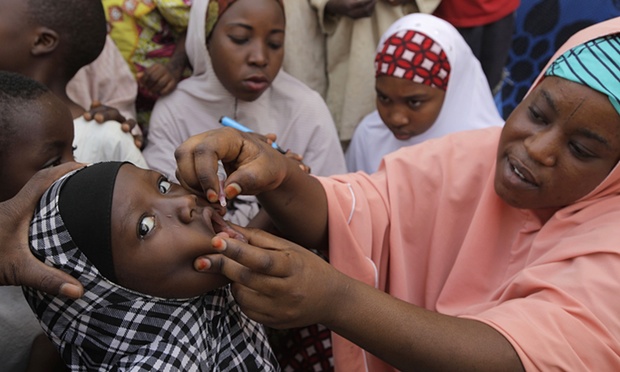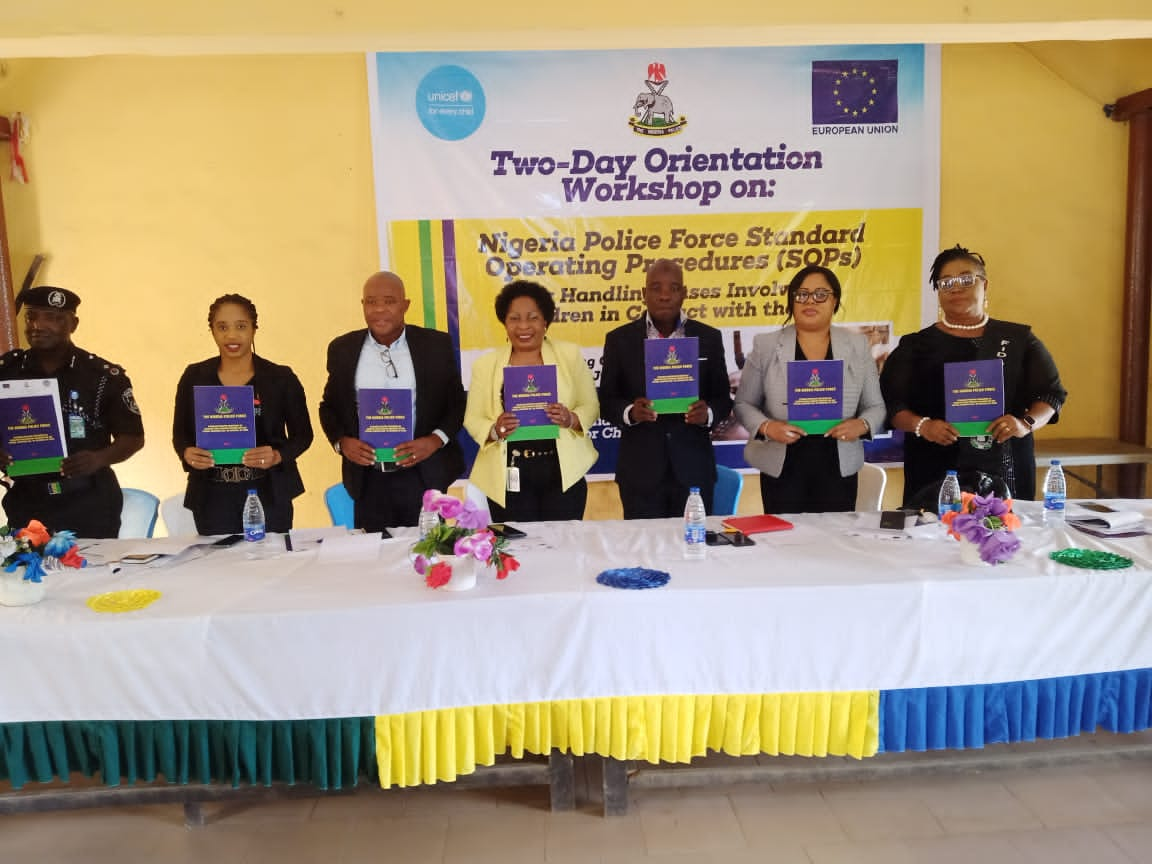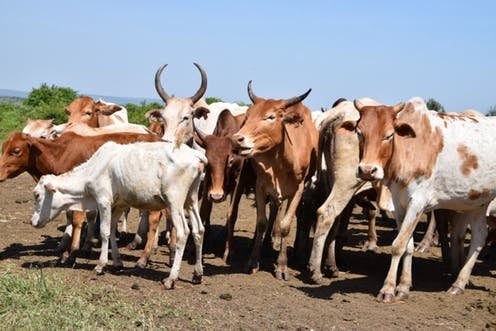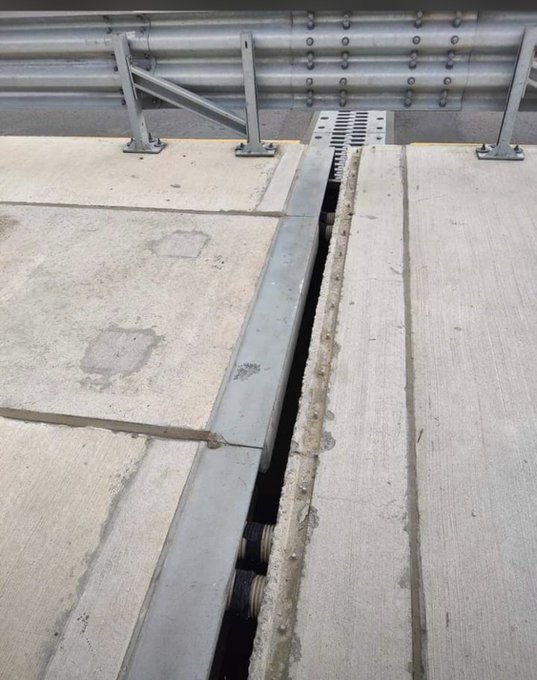A woman administering a vaccine to a child
The United Nations Children’s Fund (UNICEF) says gender inequalities and lack of education among mothers contribute to the prevalence of kids yet to receive any routine vaccination in Nigeria.
In a report, “state of the world children 2023”, UNICEF said Nigeria has the second largest number of children who have not received any dose of immunisation globally.
The report said social and cultural factors in communities can limit women’s decision-making about taking their children for immunisation.
“West and Central Africa presented the largest gap between rich and poor, as 48.6 percent of children from the poorest households were zero-dose children, compared with 6.3 percent of children in the wealthiest,” the report said.
Advertisement
“In the 74 low and middle-income countries analysed for UNICEF, 9.4 percent of children in urban areas were zero-dose children and 15.1 percent in rural areas.
“As with poverty, the greatest gap in immunisation by location was in West and Central Africa, where the prevalence of zero-dose children was 16.2 percent in urban areas and 34.6 percent in rural areas.
“The data analysed for the report focused on two categories: a mother’s lack of education and her lack of empowerment.
Advertisement
“In most communities, mothers have the primary responsibility for children’s health.
“However, social and cultural norms in homes and communities can limit their status and decision-making authority, which can interfere with their ability to act on their own and on their children’s behalf.
“Therefore, women most often have the burden of overcoming barriers of time and distance to immunise their children; they are the family members required to take time from work and travel to have a child immunised.
“They carry this responsibility in spite of lack of status, economic stability and information.”
Advertisement
According to the report, low vaccination among children reduces as mothers’ education level increases.
While there is 23.5 percent of unvaccinated children among mothers who never got an education, 13.1 percent are kids of mothers with primary school education.
The report also noted that 6.9 percent of zero-dose children have mothers who have acquired secondary school education.
“Of the 74 countries studied, only 33 had empowerment data. In Nigeria, the data showed the greatest gap in vaccination coverage is linked to the level of empowerment experienced by mothers.
Advertisement
“There, the prevalence of zero-dose children among mothers with a low level of empowerment was 53.2 percent compared with a 10.8 percent prevalence among mothers with a high level of empowerment.”
“Crisis can displace health workers; halt financing; impair supply chains; and cause damage to roads, electricity grids, and water and sanitation systems.
Advertisement
“Indeed, immunization saves about 4.4 million lives a year. If the world reaches 2030 global goals for immunization to reach zero-dose and under-vaccinated children, the number of lives saved could climb to 5.8 million.”
Advertisement






